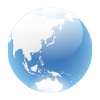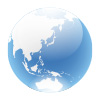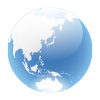Based on New Automation, Aiming for Business Development That Leads “In Series” to a Sustainable Society
Toward Sustainable Growth in a Post-Coronavirus World
Since the name change from Yamatake to Azbil in 2012, Azbil has carried out medium-term plans in two phases: the four years from 2013 to 2016 and the three years from 2017 to 2019. During that time the company strengthened business profitability and growth potential by improving the foundations for business. In June 2020, a change in management took place, which included a new chairman and new president. In a business environment that is changing drastically on a global scale, Azbil will strive to achieve further sustainable growth while building upon the foundations it has inherited.
- Medium-term plans in two phases resulting in better profitability and business growth
- Strengthening of global foundations and setting up production, HR, and business continuity planning
- Changes in people’s lives and ways of working are driving demand for new automation
- Promoting digital transformation based on our abundant assets, and business development for a post-coronavirus world
- The practice of the Group philosophy itself helps to realize a sustainable society
Medium-term plans in two phases resulting in better profitability and business growth
Since its founding in 1906, Azbil Corporation has kept the vision inherited from its founder of freeing people from drudgery with the power of technology, and we have developed automation technology based on the idea of solving problems in a people-centered way.
In 2006, our 100th anniversary, we established the Group philosophy: “To realize safety, comfort, and fulfillment in people’s lives and contribute to global environmental preservation through human-centered automation.” In 2012, we changed the company name from Yamatake to Azbil. In the same year, we established three fundamental policies for building up our foundations: being a long-term partner for the customer and the community by offering solutions based on our technologies and products; taking global operations to the next level by expansion into new regions and a qualitative change of focus; and being a corporate organization that never stops learning, so that it can continuously grow stronger. Based on these fundamental policies, various organizational reforms and profitability enhancement measures have been taken in each of the azbil Group’s three business pillars: building automation (BA), advanced automation (AA), and life automation (LA). We have succeeded in achieving stable growth while adapting to rapid changes in the business environment.
At the same time, the azbil Group set its long-term targets for fiscal year 2021: to become a top-class global corporate group that enhances the safety and security of its customers, helps to improve their corporate value, and helps to solve global environmental problems by putting people first and striving to bring about a world of automation created by human ingenuity and technology. We also established medium-term plans to be carried out in the two phases of 2013 – 2016 and 2017 – 2019. Additionally, we have been working to improve business structures to enhance profitability and business growth.
In particular, in the medium-term management plan for the three years from 2017 to 2019, we strengthened the three fundamental policies themselves as a challenge for further sustainable growth. Specifically, in order to solve problems at customers’ sites and to be a long-term partner for society and our customers, we decided to focus more on developing technology, products, and services that include the Internet of Things (IoT) and AI. In addition, we decided to make qualitative changes overseas by developing solutions that include services like consulting, in addition to new products that meet the needs of our customers. Also, in order to flexibly respond to changes in the environment, we decided to further develop our policy of being a “corporate organization that never stops learning” by strengthening partnerships with customers and by human resource development activities that will accelerate our global expansion.
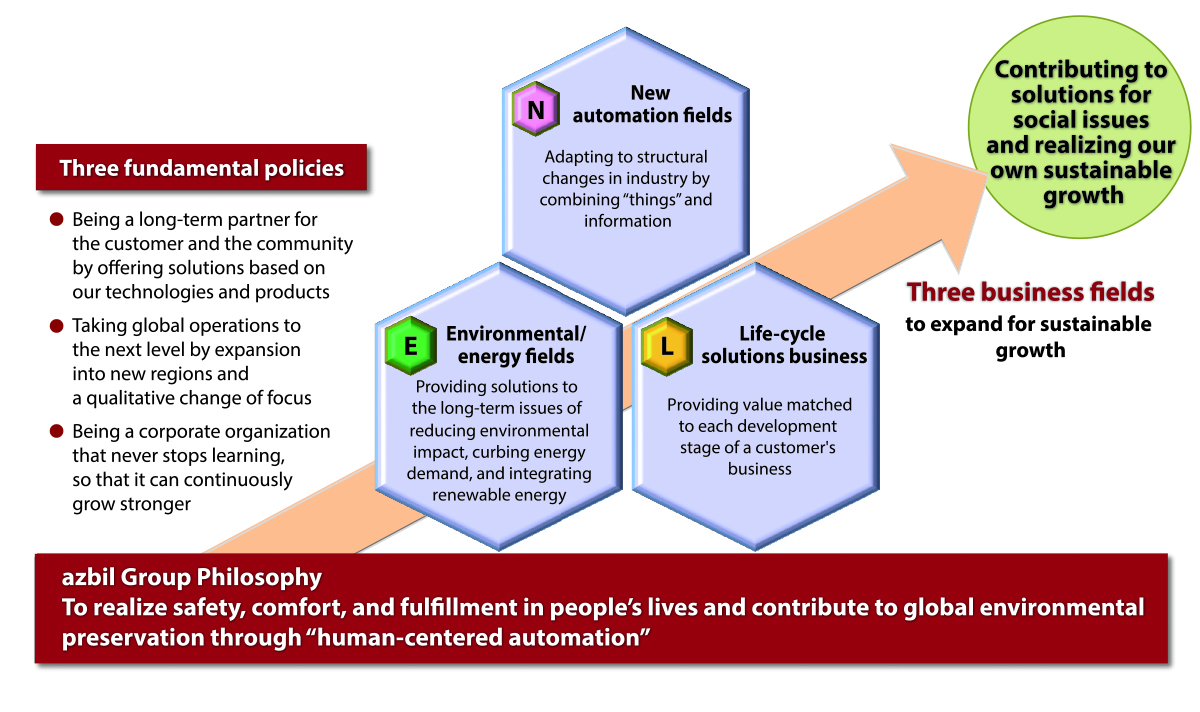
The azbil Group, the three fundamental policies, and expansion into three business areas
Strengthening of global foundations and setting up production, HR, and business continuity planning
In connection with these measures, we have made significant progress in establishing the foundations for global business development. Specifically, we established overseas subsidiaries and bases in more than 20 countries and regions to strengthen our service network and supply chain, and we established a three-pillar system for technological development and production in Japan, Asia, and the West.
In Japan, with the Shonan Factory and the Fujisawa Technology Center (a base for technological development) together positioned as a “mother factory,” we are working to strengthen our global production system based on 4M innovation (man, machine, material, and method) and the three functions of creating, verifying, and leading. On the basis of this technology development and production system, products and services incorporating advanced IoT, AI, and cloud computing technology are being developed and produced one after another and delivered to customers.
By implementing the measures for sustainable growth described above, it has become possible for the azbil Group to deliver enhanced value to customers, and also to enhance business profitability.
In terms of the personnel who support the azbil Group’s business, we have actively promoted HR system improvements and optimal allocation of personnel in response to changes in the business environment. For example, at the Azbil Academy, which promotes human resource development, by fostering and retraining employees who can adapt to technological innovation and market changes, and by increasing the transfers of the Group’s personnel, we are striving to put in place a system by which we can bring out the best in personnel in any business environment. In addition, as a part of our efforts, we are securing and fostering personnel who are skilled in international business to lead our overseas expansion, and we are promoting diversity.
Business continuity planning in preparation for natural disasters, pandemics, and other situations is an important matter. As disaster-prevention measures, in addition to improving our three-region R&D and production system, the azbil Group is working on seismic retrofitting of buildings, hazard inspections, stocking of emergency supplies, emergency communication infrastructure, education and training, etc. We are also building a solid financial base for uninterrupted provision of products and services to customers, securing inventory of products and parts, and putting systems in place for personnel and production facilities.
At the same time, we have made steady progress in strengthening corporate governance rooted in CSR-focused management. With the aim of formulating the next long-term targets and improving the system for developing measures to achieve them, and in order to strengthen governance, the ratio of independent outside directors on the Board of Directors has been steadily increased, leading to the current composition of 5 out of 11.
Changes in people’s lives and ways of working are driving demand for new automation
In this context, on February 28, 2020, a new president was announced to take over for Hirozumi Sone, who has led the azbil Group since assuming the position of president and group chief executive officer in 2012. After approval and decision by the general meeting of shareholders on June 24 and by the Board of Directors, Kiyohiro Yamamoto, who served as executive vice president starting in April of this year, became president and group chief executive officer, and Mr. Sone became executive chairperson.
According to Mr. Yamamoto, “Under this new management, in a business environment that is changing drastically on a global scale, the azbil Group, while building upon the foundations it has inherited and holding fast to its accomplishments, will develop new measures for expansion in three areas. We will develop new automation opportunities, expand our environment and energy businesses, and strengthen our life-cycle solutions business.”
The business environment for companies is expected to remain severe because worldwide economic activity is stagnating due to the spread of COVID-19. On the other hand, if we think about the medium- to long-term situation, we can expect new demand for automation to increase, so we think this is a great opportunity for the sustainable growth of the azbil Group.
Specifically, the spread of COVID-19 has brought about behavioral changes in people’s lives and in the ways they work, so that now working online and teleworking have become subjects of serious consideration by companies. To solve various problems under the current circumstances, the role of automation is becoming increasingly important, and we can expect the demand for the automation technology provided by the azbil Group to grow steadily.
Furthermore, advanced automation technology utilizing the IoT, AI, and cloud computing has a major role to play not only in dealing with the current coronavirus problem, but also with the declining birthrate and aging population, globalization, and changes in methods of working, which are constant challenges for companies and for society; not to mention climate change and various aging infrastructures, which are urgent issues for a sustainable society. There is no doubt that we can expect the role of automation to expand further.
For this reason, along with the new management structure, on April 1, 2020 the IT Solution Department was established. It reports directly to the company president, and has the aim of business expansion by developing new automation opportunities. The Cloud Operations Center has also been recently established. With these changes we will accelerate the application of IoT and AI technology, and the commercialization of cloud-based products, and strengthen the cloud computing system for the entire azbil Group.
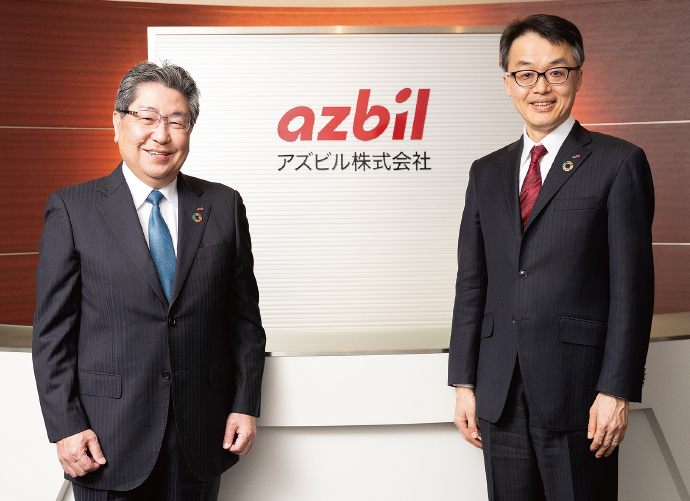
Hirozumi Sone, Executive Chairperson, Azbil Corporation (left) and Kiyohiro Yamamoto, President and Group Chief Executive Officer, Azbil Corporation
Promoting digital transformation based on our abundant assets, and business development for a post-coronavirus world
The azbil Group’s advantages are the following: a large number of products and applications incorporating digital and other advanced technology, a system that provides high-quality engineering services at customers’ sites, and the accumulation, through many years of business, of a vast amount of data, enabling the aG to cultivate advanced know-how. By combining these abundant assets, which are unique to the azbil Group, we will promote digital transformation (DX) in order to provide customers with new value that has never existed before. In this way, we believe that azbil Group business development and growth can be expected.
An example of a solution for a post-coronavirus world is an air volume control system for hospitals and other medical institutions. By changing the pressure of a regular hospital room to negative pressure, the airflow can be controlled so that the outflow of viruses is prevented; and additionally by increasing the volume of ventilation, the room can quickly be converted to an infection isolation room.
With this solution, it is possible to secure the needed bed occupancy rate during normal times, avoiding the need for medical institutions to increase the cost for customers, while at the same time ensuring a safe environment for all medical staff.
The practice of the Group philosophy itself helps to realize a sustainable society
As stated in the beginning, providing safety, comfort, and fulfillment in people’s lives and helping to preserve the environment through human-centered automation is the philosophy of the azbil Group. When we strive to accomplish the Sustainable Development Goals (SDGs)* of the United Nations in order to realize a sustainable society and solve the increasing problems faced by society worldwide, such as energy shortages, the burden on the environment, and widening economic disparities, what we are doing is putting our Group philosophy into practice.
Based on our relationship of trust with customers, our experience, and the knowledge that we have cultivated, we will carry out further product development and produce new types of automation by utilizing advanced technology. In this way, we will expand in the fields of environment and energy, and promote life-cycle solutions business, because business development in these areas is connected “in series” to a sustainable society.
In 2019, we significantly revised the Group’s guiding principles and code of conduct so that the azbil Group can achieve steady growth and make contributions that lead “in series” to a sustainable society. At the same time, the azbil Group’s own SDGs have been set. By making sure that each and every employee of the azbil Group is aware of the clear goal of a sustainable society, and that they comply with the new principles and standards, we will be ready to make further contributions to society and further increase corporate value.
“The impact of the coronavirus on the business environment is uncertain in the short term, and it seems that a continuing difficult situation can be expected,” says Mr. Sone, executive chairperson. “But the azbil Group, with its strengthened corporate structure and business foundations, and with thorough crisis management, will overcome this difficult situation. We will boldly tackle the problems brought about by changes in society and its values, and we will achieve solutions to the problems as well as the sustainable growth of the company.”
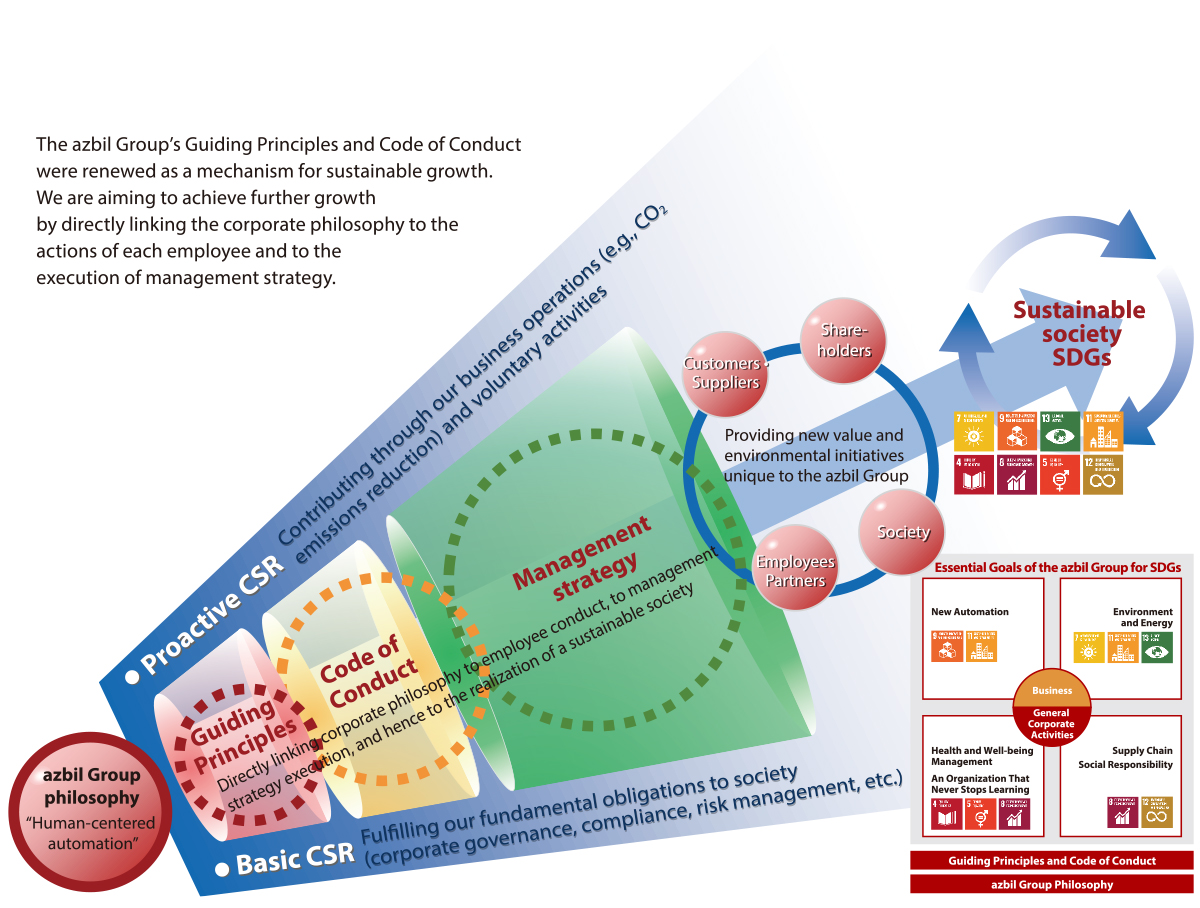
Business activities and growth contributing “in series” to a sustainable society
* Sustainable Development Goals (SDGs)
The Sustainable Development Goals are international goals for 2016–2030. They were adopted at a United Nations summit in 2015. Seventeen goals and 169 targets were established in order to achieve a sustainable, diverse, and inclusive society where no one will be left behind.
This article was published on October 1, 2020.

